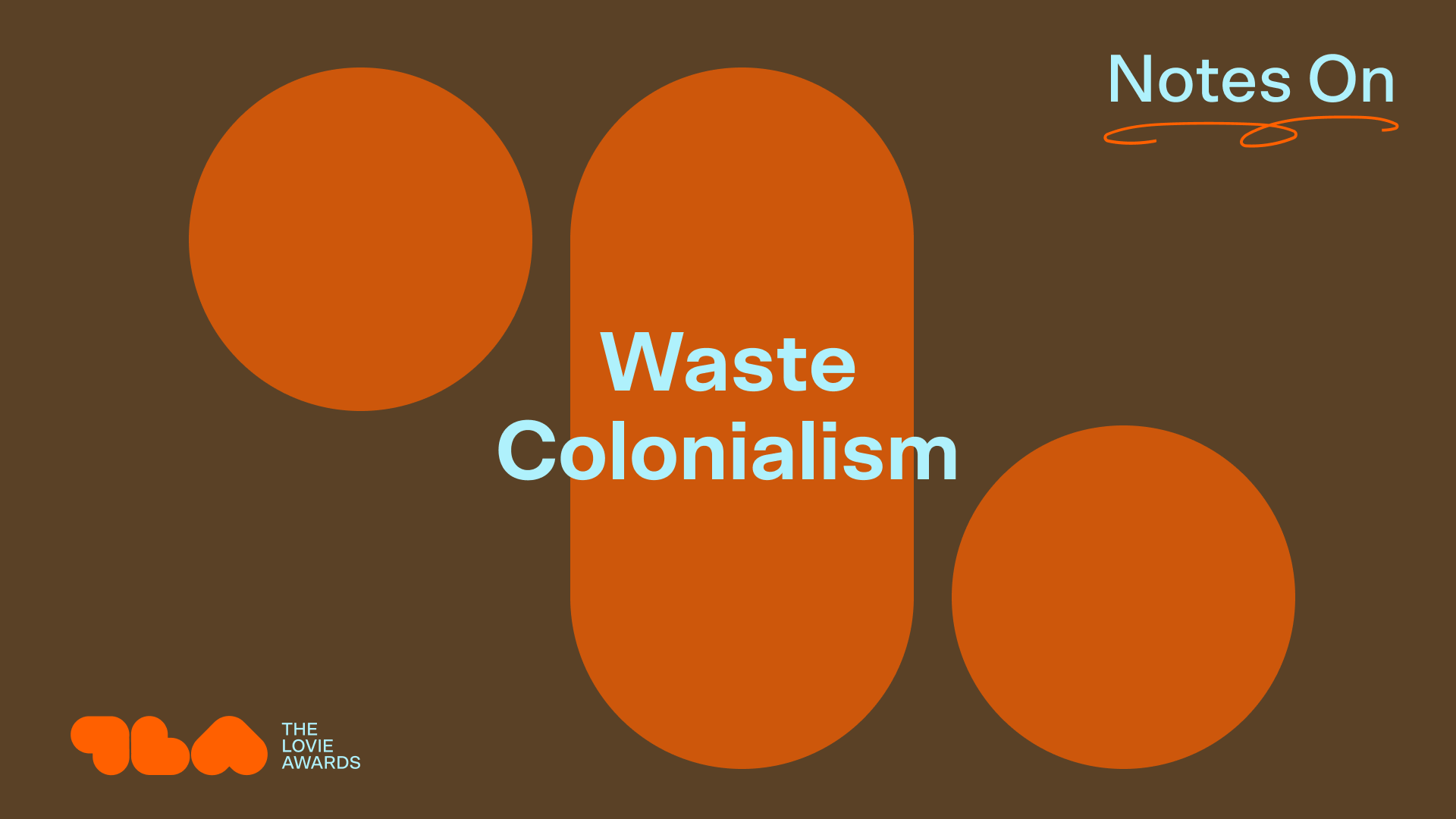‘Notes On’ is our tentpole column which invites our community to dive into a topic they believe is shaping Europe’s digital landscape.
Our latest edition features an op-ed penned by Kemi Fatoba, Lovie Judge and CEO/Founder of We are DADDY Media. Explore her take on ethical approaches for creating work that centres marginalised voices.
“The issue isn’t a lack of expertise in the Global South; it’s a lack of opportunity for these voices to be heard.”
By Kemi Fatoba
I am currently exploring how sustainability journalism can be decolonised to be more inclusive and reach a broader audience. My research focuses on the portrayal of African communities impacted by waste colonialism, a practice where vast amounts of second-hand clothing from the Global North are dumped on the continent. We’ve all seen the images of landfills overflowing with fast fashion waste, but the deeper narrative is often overlooked.
In recent years, there has been a surge in reporting on waste colonialism, particularly in the Global North. As the fast fashion industry accelerates its production cycles, the problem is only worsening, with more waste—especially from plastic fibres—flooding into cities like Accra, where over 3,000 tonnes arrive weekly. However, the way this issue is reported needs a fundamental overhaul.
While it’s encouraging that awareness is growing, I’ve noticed a troubling absence of experts from the Global South in these conversations. Despite the reckoning with racism that many industries have faced since 2020, climate and sustainability journalism still often falls back on white saviour stereotypes and colonial clichés. To challenge this, I’m engaging with media, sustainability, and fashion experts from both the Global North and South.
The issue isn’t a lack of expertise in the Global South; it’s a lack of opportunity for these voices to be heard. To truly make a difference, we need to give these experts the same platforms and recognition as their counterparts in the Global North. Only by elevating diverse perspectives can we hope to address the complexities of waste colonialism and create more equitable and effective sustainability practices.
Special Honours for Climate & Sustainability at The Lovie Awards
Making work to create more sustainable and equitable practices? The Lovie Awards is open for submissions. Explore our categories for Sustainability & Environment, Editorial and a special suite of Beyond Categories to see where your work fits.
Take advantage of early pricing, and enter before the Early Entry Deadline on 9, May 2025.



